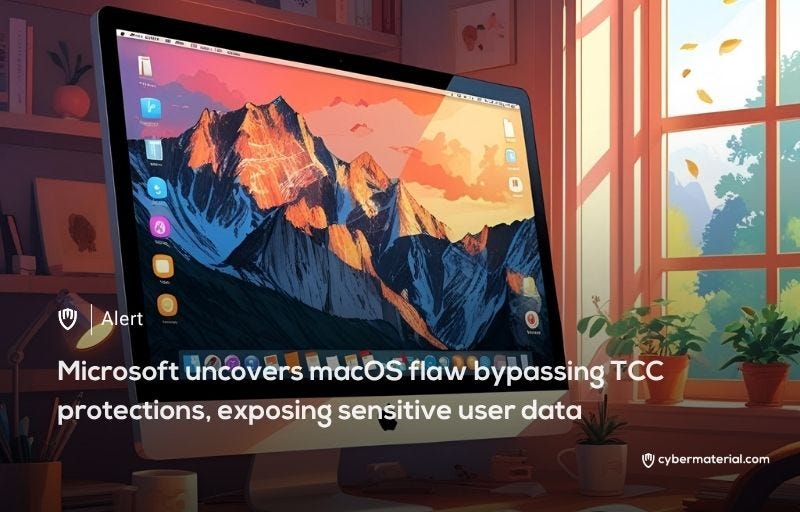
Microsoft researchers have discovered a critical security flaw within Apple’s macOS that could allow attackers to bypass core privacy protections and access sensitive user data. The vulnerability, id…

Microsoft researchers have discovered a critical security flaw within Apple’s macOS that could allow attackers to bypass core privacy protections and access sensitive user data. The vulnerability, id…